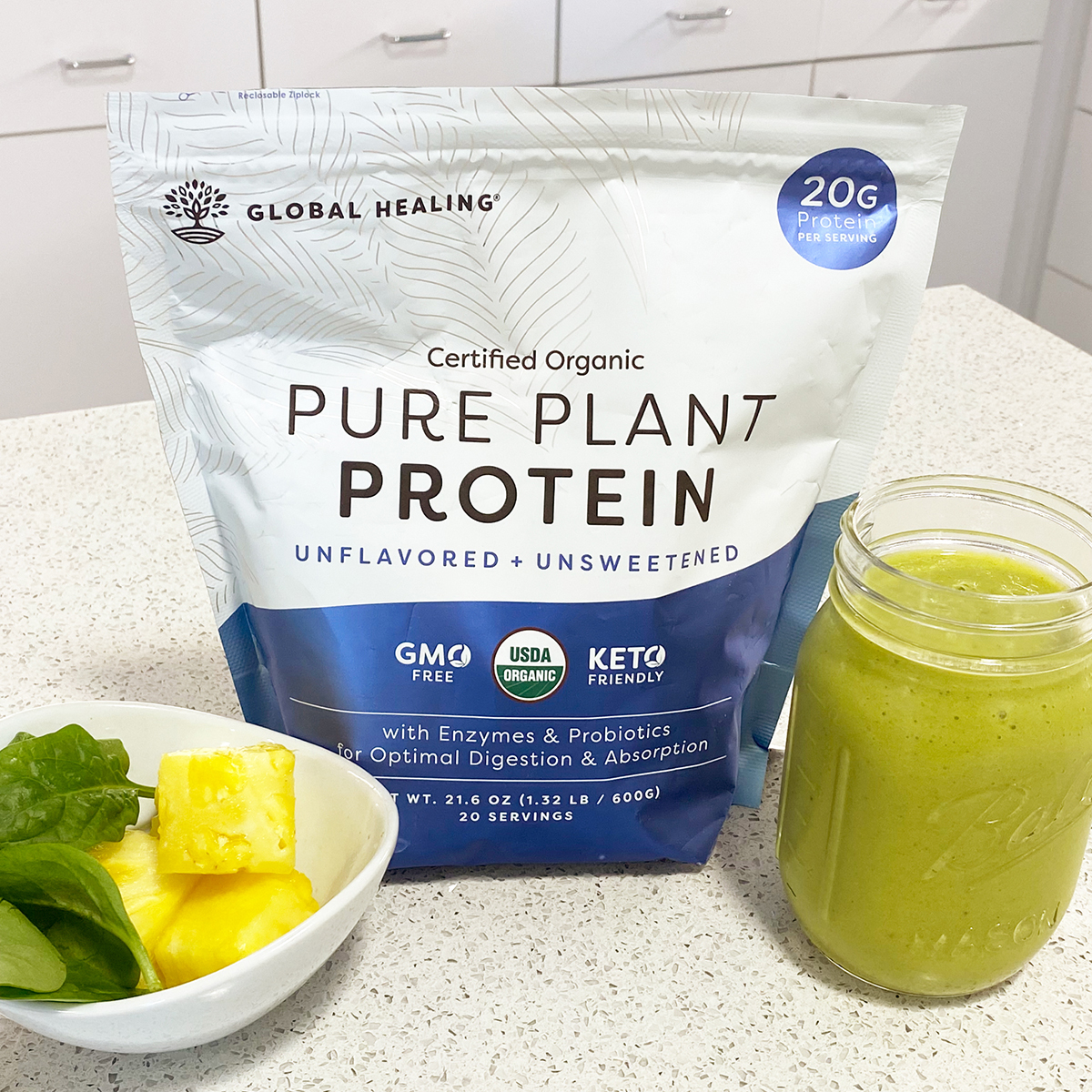
Peripheral Artery Disease, also called Peripheral arterial disease (PAD) is a condition that occurs due to the narrowing of arteries outside of your heart. This narrowing is caused by the buildup of plaque on the walls of the arteries that transport blood to your arms and legs. Over time, the plaque build-up restricts the flow of blood to your legs, causing pain and numbness. People suffering from PAD have difficulty walking and in severe cases, the poor blood flow can result in gangrene (tissue death), which can lead to amputation. People with PAD are said to have a higher risk of death from heart attack and stroke but some vitamins can help to avoid these issues. Let’s take a look at them.
Signs and Symptoms of PAD
According to statistics, at least 50 percent of people with peripheral artery disease don’t show signs or symptoms of the disease. However, in other cases, the following symptoms seem common:
- Numbness in the legs and/or feet when resting
- Pain, burning, or fatigue in your feet, calves, and/or thighs – especially when walking, climbing stairs or exercising
- The temperature on one leg differs from the other
- Cramping in the legs, thighs, buttocks, calves, and/or feet
- Reduced nail growth on your toes
- Reduced hair growth on your legs
- Erectile dysfunction, particularly in men with diabetes
Although the exact cause of PAD is unknown, certain factors may increase the risk of getting the disease. These include:
- High cholesterol
- Smoking
- High blood pressure
- Elevate blood sugar levels because of diabetes
Treating PAD
We mentioned that PAD doesn’t usually have symptoms. You should get checked if you are over 70, have a history of diabetes or smoking, or have diabetes and one or more risk factors for atherosclerosis (plaque buildup in your arteries).
Since PAD is associated with several serious health complications, including blood clots and coronary heart disease), you should seek medical attention if you have any of the above symptoms.
Generally, treating PAD starts with reducing symptoms and preventing complications. You may be advised to make certain lifestyle changes, such as:
- Quitting smoking
- Regular exercising
- Lowering blood sugar, blood pressure, or cholesterol
- Eating a balanced diet
- Practicing good foot and skincare to prevent infection and minimize the risk of complications.
In some cases, surgery and special medications may be used in treating PAD.
Can Supplements Help Treat Peripheral Artery Disease?
If you or someone you love has PAD, you may be wondering if there are certain supplements that you could use to help boost your heart health? Several studies have been conducted to establish the role certain vitamins play in managing peripheral artery disease.
Here’s what the studies concluded:
Folate and B Vitamins
One study shows that higher amounts of folate supplements might help in the prevention of PAD. However, more studies should be conducted for conclusive results. These supplements are considered to be low risk, but they might be harmful to people with kidney disease.
If you’re healthy, doctors recommend taking a low dosage of 400mg for overall wellbeing.
Vitamin C
Vitamin C was found to be low in people with PAD. However, no studies prove that supplementation will lower the risk of cardiovascular events or help with symptoms of PAD. A section of researchers believes that high doses of vitamin C might heighten the risk of cardiovascular disease.
Vitamin C is a water-soluble antioxidant that’s capable of fighting free radicals and is the first line of defense during oxidative stress.
Vitamin D
Researchers at the Albert Einstein College of Medicine of Yeshiva University found that people with low vitamin D levels have a higher risk for PAD. Generally, our bodies create vitamin D through skin exposure to sunlight, eating foods like fish and fortified dairy products that contain vitamin D, or taking dietary supplements.
Generally, vitamin D is necessary for bone health, but scientists have just recently discovered its connection to cardiovascular disease. While PAD was found to be prevalent in people low on vitamin D, there are no conclusive studies to show that taking vitamin D supplements will be beneficial for PAD.
On the other hand, if your vitamin D levels are normal, a higher dosage might increase the risk of calcium deposition in your blood vessels. Therefore, talk to your doctor first to check if you should take vitamin D supplements.
Vitamin E
Researchers also found people with PAD have decreased levels of vitamin E, and deficiencies are thought to worsen the condition. Supplements, however, have not been shown (at least not conclusively) to lower the risk of PAD.
It’s advisable to consult your doctor before taking vitamin E supplements. Additionally, avoid using vitamin E if you’re on blood thinners as they can heighten the risk of bleeding.
Omega-3 Fatty Acids
Omega-3 fatty acids are mostly found in fish. While research on its role in improving walking or reducing overall deaths due to PAD is scarce, taking large doses over an extended period has been shown to provide several health benefits for people with PAD.
Caveat
The lack of sufficient evidence about the safety of regular supplementation means that you should use them with caution. It is worth noting that dietary supplements are largely unregulated and haven’t been tested for safety.
There might be cases of contamination, wrongful dosage, or safety issues for pregnant women, nursing mothers, children, and those with certain medical conditions.
Before you use any alternative medicine, it’s strongly advised to consult your healthcare provider first.








